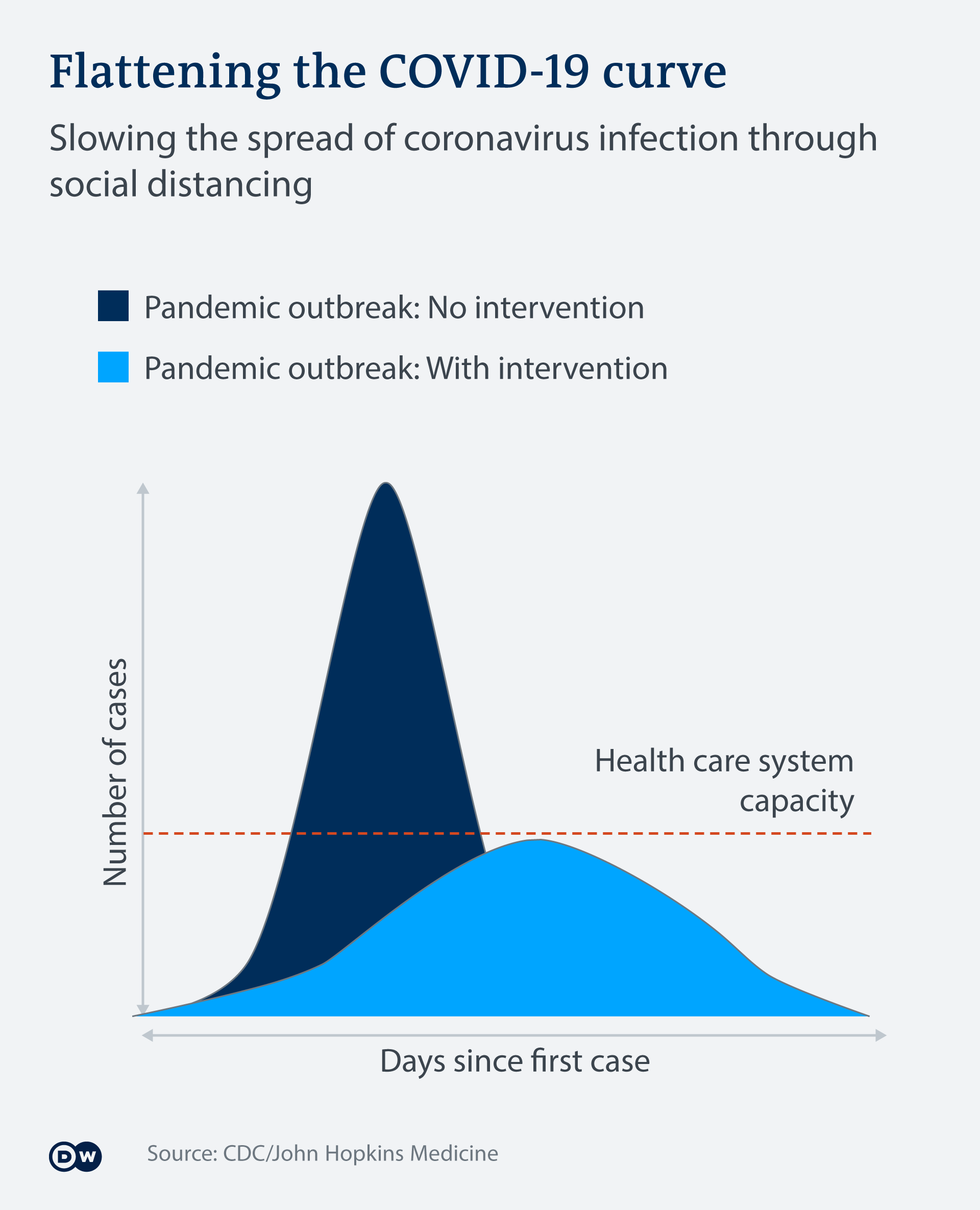Can The Corona Virus Survive In The Cold
According to the research paper Coronavirus can live on surfaces like paper. On the other end of the spectrum at 40 degrees C or 104 degrees F and 80 humidity the viruses survived for less than 6 hours.
 What Does 5g Have To Do With Coronavirus Where Did It Come From Your Questions Answered Science In Depth Reporting On Science And Technology Dw 15 04 2020
What Does 5g Have To Do With Coronavirus Where Did It Come From Your Questions Answered Science In Depth Reporting On Science And Technology Dw 15 04 2020
Scientists are racing to discover the survival rate of the deadly coronavirus on surfaces food and even fridges.

Can the corona virus survive in the cold. Also Read Coronavirus Pandemic. And those particles that blast out when you sneeze kind of dry up and get smaller in the cold so they can. When outside the body these capsids degrade faster in cold dry environments.
R Ashwin Claims Chennai Still Alien With social Distancing Concept. The WHO has no reason to believe that exposing yourself to cold weather can kill either the current coronavirus or other diseases. Viruses cannot replicate unless absorbed by cells in our body.
This suggests that coronaviruses survive better on surfaces at colder temperatures. It turns out that the cold air actually allows the virus to survive longer. Flu viruses survive and are transmitted more easily in cold dry air.
In another study researchers said the virus can live up to 9 days on human skin. Medically reviewed by Timothy J. These 5 Tips Are Helping Me Survive My Coronavirus Anxiety.
The most suitable environment for the virus is cold and humid condition. There also isnt evidence that an extreme cold outside temperature will have an effect on the virus. It is also expected that the virus would survive being frozen.
The coronavirus can live on plastic and stainless steel for up to 3 days according to a study reported in March by the National Institutes of Health. Many people have claimed the the rising temperatures of summer will virtually squash the coronavirus outbreak or that the cold temperatures in the fall will ensure the virus wont continue into. A new study posted on BioR x iv found that SARS-CoV-2 the virus responsible for Covid-19 can survive on frozen meat and fish for periods up to 3 weeks as researchers continue to explore the.
While some experts say that COVID-19 could last up to two years at below freezing temperatures Australias deputy chief medical officer has raised the issue and revealed we still know very little. How long it survives depends on the material the surface is made from. They also degrade faster on soft rather than on hard surfaces.
In particular at 4 degrees C or 40 degrees F and 20 relative humidity more than two thirds of the viruses survived for 28 days. The WHO says there is no reason to believe cold weather can kill the new coronavirus or other diseases for that matter. CDC says COVID-19 can survive on foods and surfaces for a few hours to a few days there are no reported instances of the virus being transmitted by food or food packaging.
According to various research papers the Coronavirus can survive on various type of surfaces. Cold or sunlight affects how long. The coronavirus can live for hours to days on surfaces like countertops and doorknobs.
CORONAVIRUS could spread quicker in cold weather experts are warning. WHO notes that there is no reason to believe that cold weather can kill the new coronavirus or other diseases. COVID-19 Can Spread in Warm or Cold Temperatures.
Researchers say the novel coronavirus can live up to 28 days on surfaces in cool and dark circumstances. COVID-19 cannot be transmitted in hotter more humid climates. Once a virus is outside the body its capsid starts to degrade and the more degraded its capsid is the less likely it is to survive.
Scientists say just like the flu deadly Covid-19 will be more powerful in cool dry air - as colder temperatures will allow. So its reasonable to think that the same may be true for the COVID-19 coronavirus SARS-CoV-2 which has a similar size and. Cold weather also cannot kill coronavirus.
Projected out using a mathematical model based on those results researchers found the virus could live for as long as a month at freezing temperatures and a supersaturation point of 100. The most effective way to protect yourself per the.